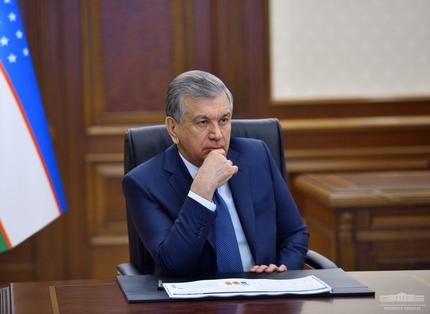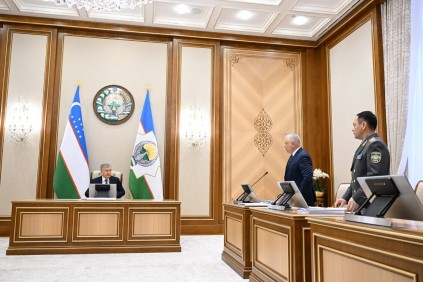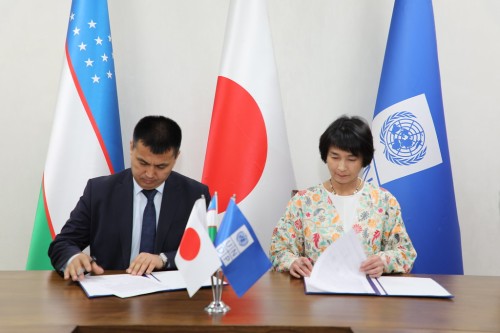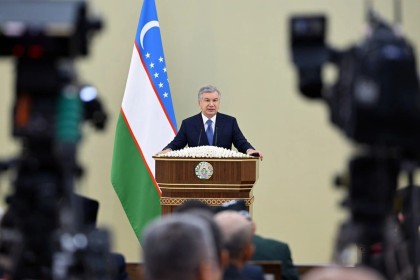On June 8, President Shavkat Mirziyoyev chaired a regular meeting on the progress of reforms in the field of information technology and the digital economy, the presidential press service said.
Earlier on April 28 of this year, the president signed the Measures for widespread implementing the digital economy and e-government decree. To ensure the quality and coordination of the achievement of the targets defined by the document, the post of Advisor to the Prime Minister on the said issues has been created.
At the meeting, Shavkat Mirziyoyev noted that the achievement of goals in the field can be accelerated by training a new generation of experts. The initial stage of the One Million Coders project involved over 62 thousand students, and 5.4 thousand of them have already received certificates of qualification.
The task was set to train 100 thousand people by the year-end and another 150 thousand in the first half of 2021, to improve students' skills in software development. He gave instruction to improve the subject “Computer science” taught starting from the 5th grade in schools, and to add disciplines from the project “One Million Coders” in its program.
“Today, the demand for the achievements of the digital economy, electronic services, including public ones, is growing. However, currently only 185 of the 780 public services are available in electronic form. And the process of digitalization of the activities of most organizations is limited to the introduction of electronic document management. In this regard, he pointed to the need to hire the graduates of the project "e-Learning Program" to government and business institutions as IT specialists,” the press service said.
For example, the decision to provide loans and subsidies to poor families should be taken automatically by a special electronic program based on specific criteria.
The Advisor to the Prime Minister was entrusted to develop, with the assistance of international experts, a concept for transition the processes of issuing permits and decision-making in organizations into electronic format.
“It also requires improving the infrastructure of information technology, increasing the IT literacy of the population, especially youth. The Ministry of Information Technology and Communications Development has been tasked with opening at least 100 digital technology training centers in all provinces. These institutions will offer short-term courses on the basics of coding, e-commerce and graphic design,” the press service added.
Attention is also paid to creating conditions for specialists in the field. Last year, a park of software products and information technologies was set up in the Mirzo-Ulugbek district of Tashkent. Branches of this IT-park are created in Andijan and Margilan. Another branch is being built on the territory of the school of information technology named after Muhammad al-Khwarizmi in the capital.
By the end of this year, it is planned to create such branches in Gulistan, Bukhara, Namangan, Nukus, Samarkand, Urgench and Jizzakh.














